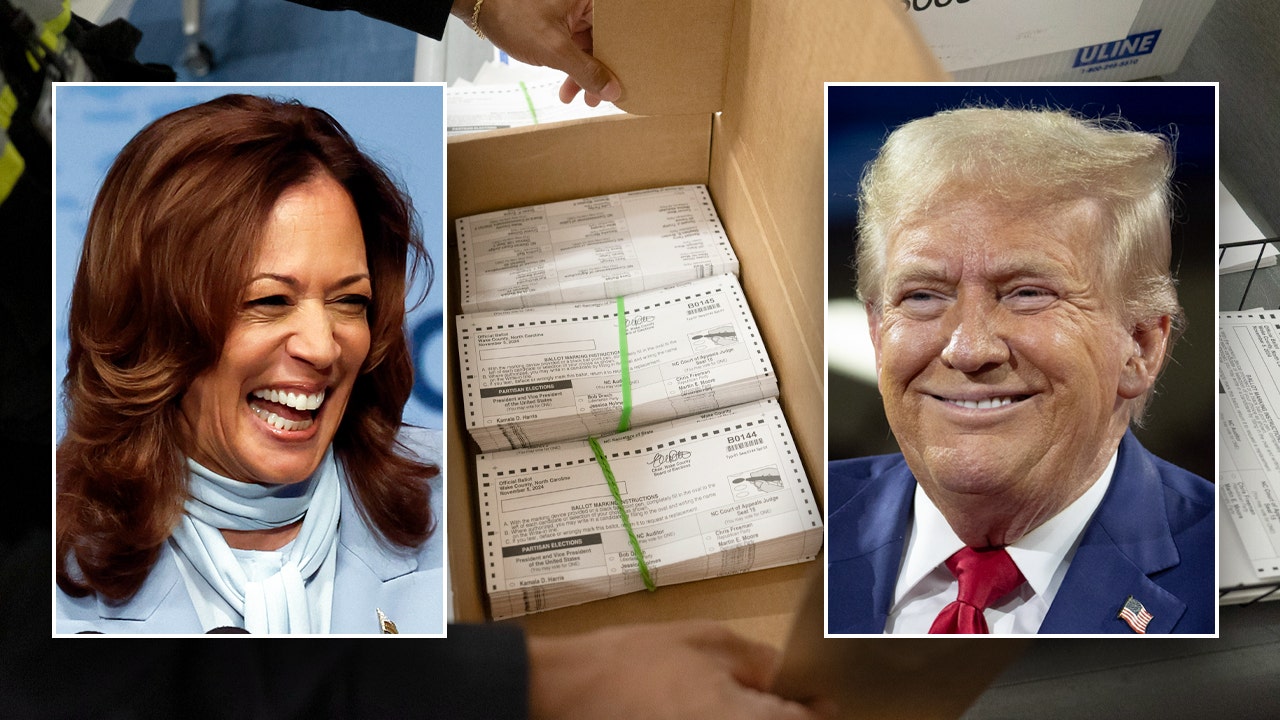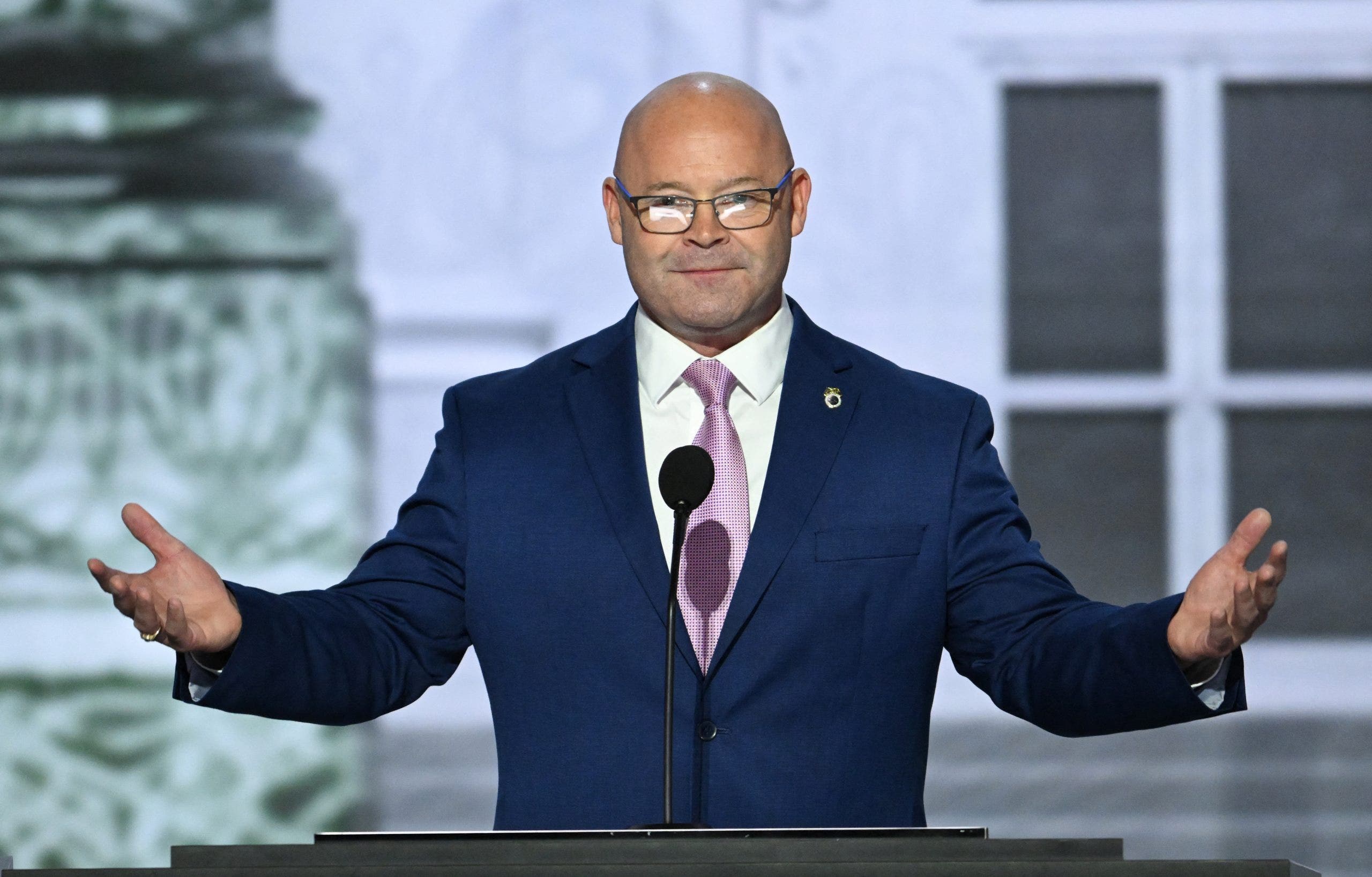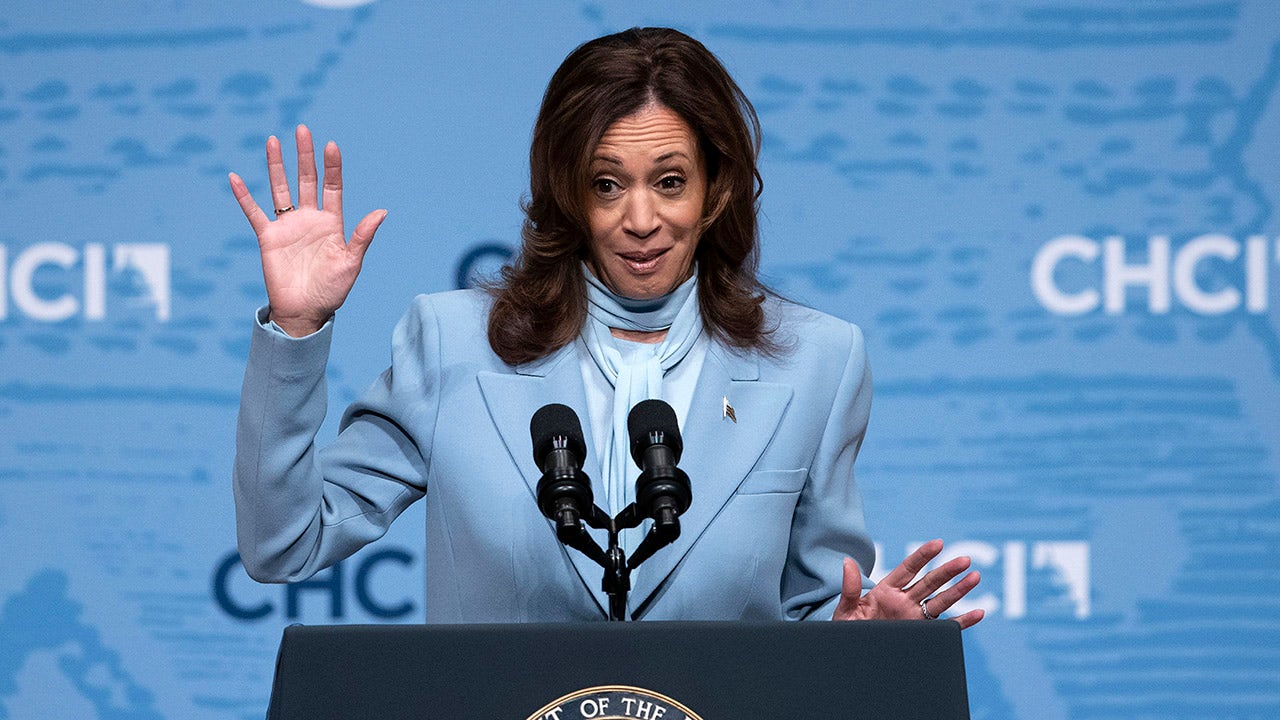New Jersey lawmakers pushed ahead Thursday with legislation overhauling the state’s public records access law, reigniting debate over the revisions that stalled earlier this year amid vocal opposition from civil rights and other groups.
The Democrat-led state Senate’s budget committee approved the amended legislation Thursday, with its Assembly counterpart set to take up the bill on Friday.
The bill’s revival comes after Republican minority leader Anthony Bucco signed on to co-sponsor the measure and following agreement on concessions by an influential group behind the legislation that represents the state’s more than 500 towns and cities.
THREE GROUPS ARE SUING NEW JERSEY TO BLOCK AN OFFSHORE WIND FARM
Among the proposed changes is the end of a prohibition on commercial record requests, by real estate developers for instance. Instead, the new measure would allow government clerks up to 14 days to respond to requests for records and allow for commercial interests to pay up to twice the cost of producing the records.
“When both sides are potentially not thrilled you have a good compromise,” Senate Budget Committee chairman Paul Sarlo said.
The General Assembly Chamber of the New Jersey State House in Trenton, New Jersey, is photographed. (Getty Images)
Civil rights groups, citizens and media organizations testified Thursday against the measure, citing in particular the end of what they said was a key component of the law: attorney fee shifting, which under current law provides for government agencies to pay legal fees only if the government is found to have improperly denied records.
That provision is important, according to attorney CJ Griffin who testified in opposition Thursday, because journalists and the public often don’t have the funds to pursue costly legal cases to obtain records.
“If your goal is to handle commercial requests … this bill doesn’t do it,” Griffin said. “This bill instead guts transparency.”
The bill’s sponsors countered that a court could determine that attorneys’ fees were warranted if a government records custodian acted in bad faith.
Another new provision of the proposed measure that drew opposition Thursday was the authorization for lawsuits to be brought in state Superior Court for records that requesters have determined to be interrupting “government function.”
Sarlo said he thought the criticism was inaccurate, but didn’t specify.
Lori Buckelew, a top official with The League of Municipalities that pushed for the legislation, said the changes are necessary to protect taxpayer dollars from the abuses of overburdensome records requests.
Paul Mordany, the mayor of Deptford, New Jersey, said his town has 200 pending requests, only three of which are from town residents. The rest are from lawyers, real estate developers and other commercial interests. The stress wears on the town clerk responsible for handling the requests under the Open Public Records Act, or OPRA, he said.
“I literally sat in her office more than one time as she literally cried over OPRA requests,” he said.
Access to officials’ emails and other public records regularly results in news stories shedding light on how the government works.
In 2018, for instance, the records law resulted in the disclosure of emails showing the then-governor’s administration working with the executives of a utility company lobbying lawmakers for a $300 million bailout for its nuclear plants.




